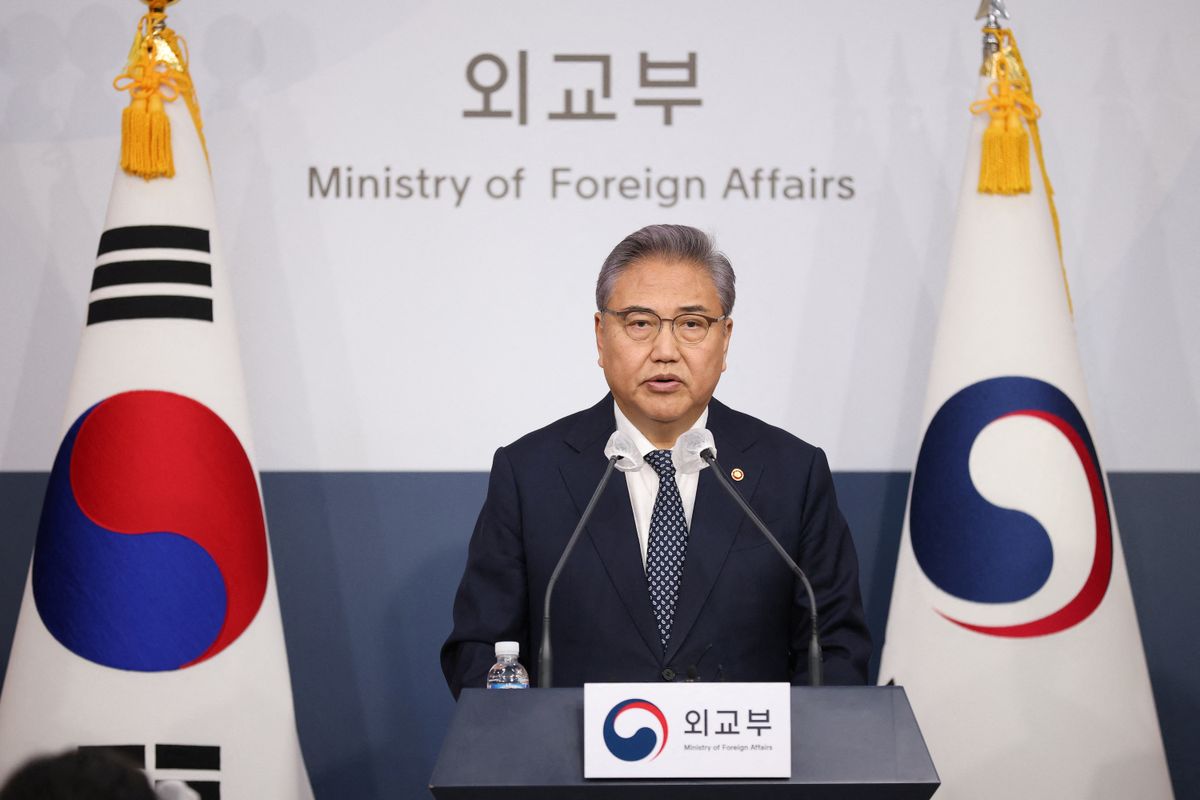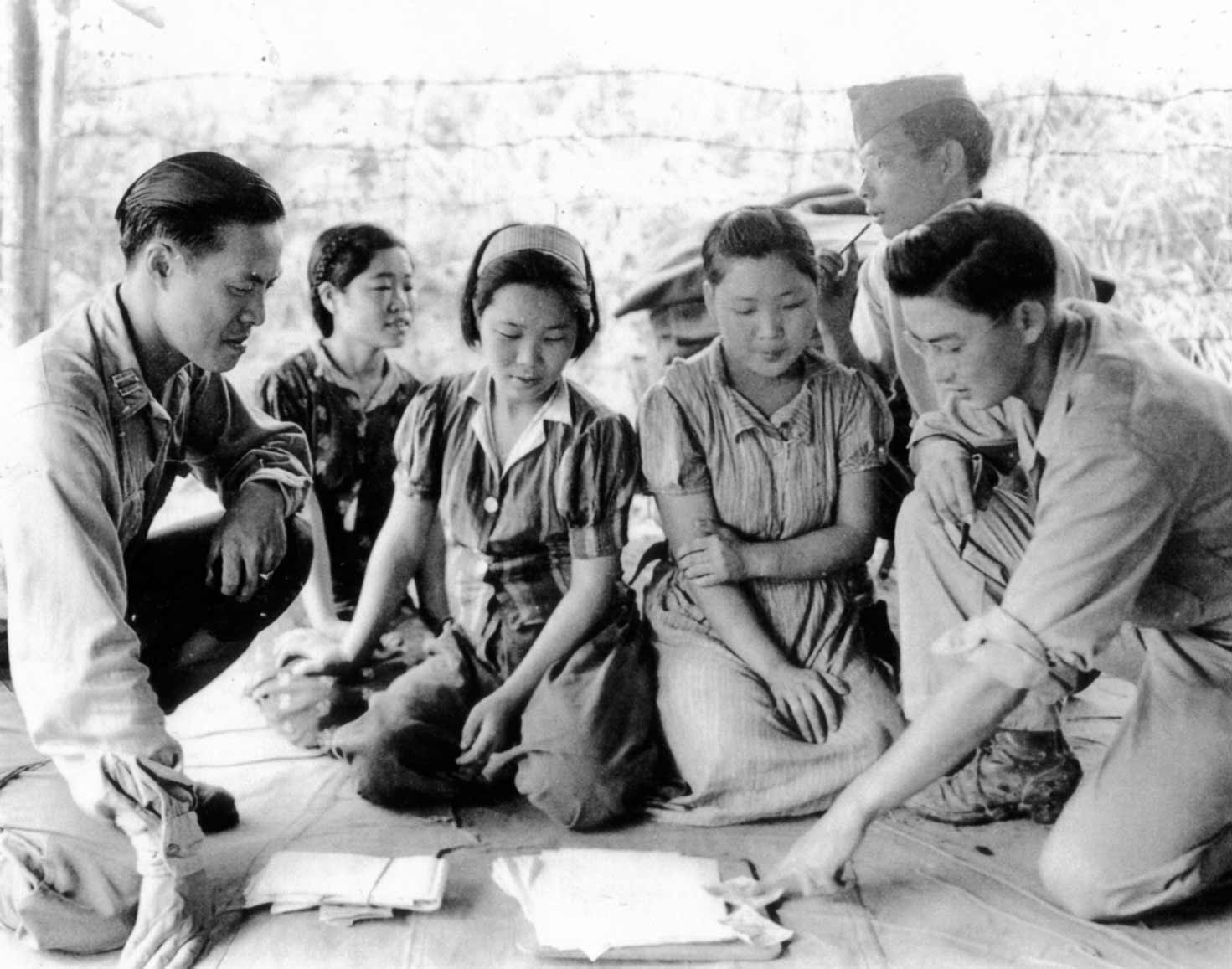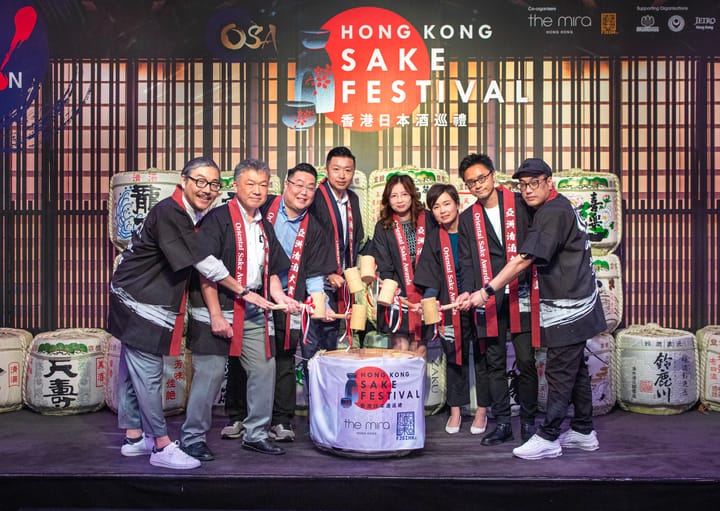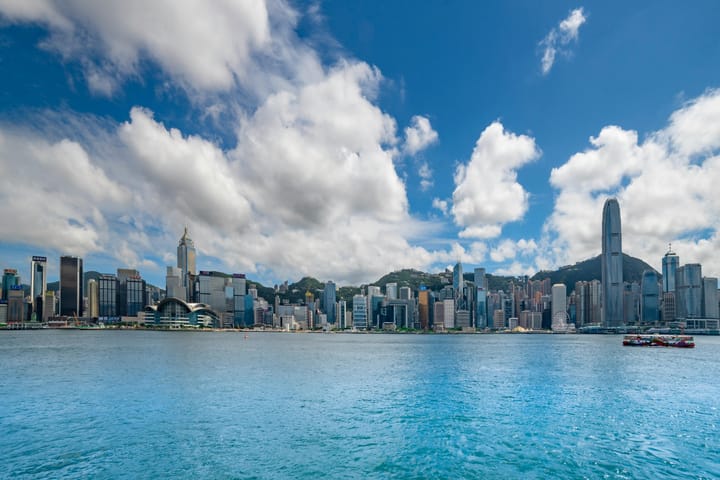South Korea and Japan look to solve forced labor dispute
From 1910 to 1945, Japan occupied Korea.

A few minutes every morning is all you need.
Stay up to date on the world's Headlines and Human Stories. It's fun, it's factual, it's fluff-free.
The backstory: From 1910 to 1945, Japan occupied Korea; this was before Korea split into two countries. According to a government committee, there were almost 150,000 South Korean victims of forced labor by Japanese companies during this time. And during WWII, many Korean women were forced into prostitution for Tokyo's soldiers at Japanese-run brothels offering "comfort women."
South Korea has long sought compensation for the victims of these practices, and the issue has strained ties between the two nations. Japan says it was all settled with a 1965 treaty that gave Seoul hundreds of millions of dollars, which was used in development projects. But, this money didn't directly go to the victims, so some South Koreans say Japan needs to do more.
More recently: In 2015, Japan officially apologized to the "comfort women" and set up a fund of 1 billion yen (US$7.3 billion) for these victims. But, in 2018, former South Korean President Moon Jae-in got rid of that fund; he didn't see the agreement as really addressing victims' concerns. That same year, several Japanese companies were ordered by South Korean courts to compensate victims of forced labor.
The firms refused to compensate the victims, and Japan responded by restricting exports of high-tech materials to South Korea. So then, South Korea almost pulled out of an intelligence-sharing deal with Japan, and the public began boycotting Japanese products.
Last May, President Yoon Suk Yeol took office in Korea, and the two countries vowed to improve their relationship.
The development: President Yoon wants to improve the security allyship between the two countries and the US, as North Korea's military threats have become more pressing. On Monday, South Korea proposed a way to compensate victims of this wartime forced labor, but it doesn't require Japanese companies to contribute. Instead, South Korea's Interior Ministry would collect voluntary donations from South Korean companies that benefitted from the 1965 treaty to pay the reparations.
South Korea said it hopes some of those companies will voluntarily contribute to the fund. Japan's Prime Minister Fumio Kishida said this proposal is a "return to a healthy relationship" between the two countries. Japan has said companies can decide to contribute on their own. But some victims, their families and civic groups oppose the plan for not holding Japan accountable.
Key comments:

"I would rather starve to death than take that money," said Yang Geum-deok at a press conference. She worked at a Mitsubishi factory in the 1940s when she was a teenager and said an apology is necessary for a resolution.
"The Korean government effectively provides immunity to the accused Japanese firms from legal obligations," lawyers for the victims said in a statement criticizing the proposal.
"We welcome this as a step that returns Japan-South Korea relations to a healthy one," Japanese Prime Minister Fumio Kishida said.
"The soured South Korea-Japan relations should no longer be neglected, and we need to end the vicious cycle for the national interest, for the people," South Korea's Foreign Minister Park Jin said in a briefing. He also said he hopes Japan will respond by "implementing its previous public statements expressing remorse and apology."




Comments ()